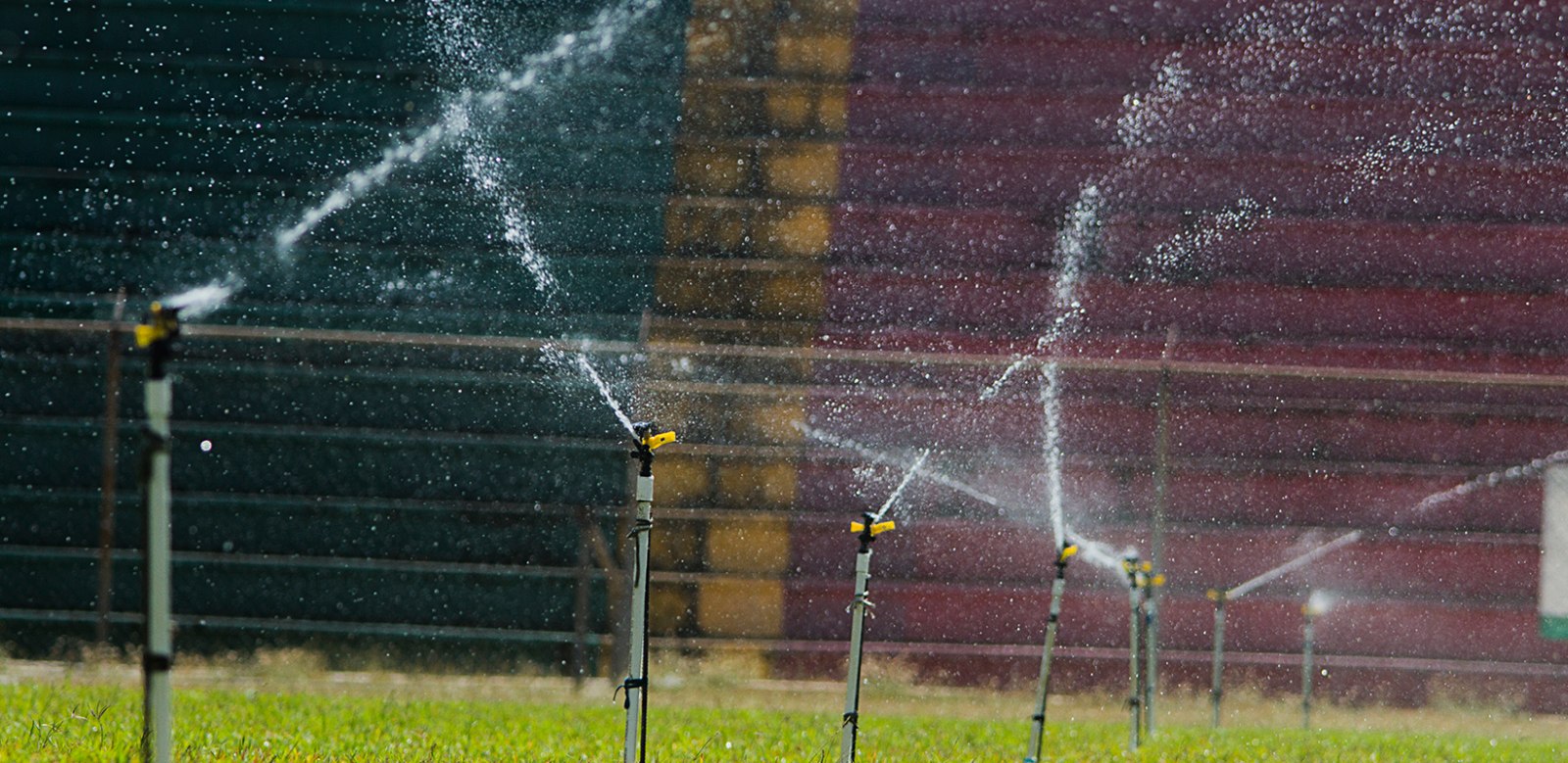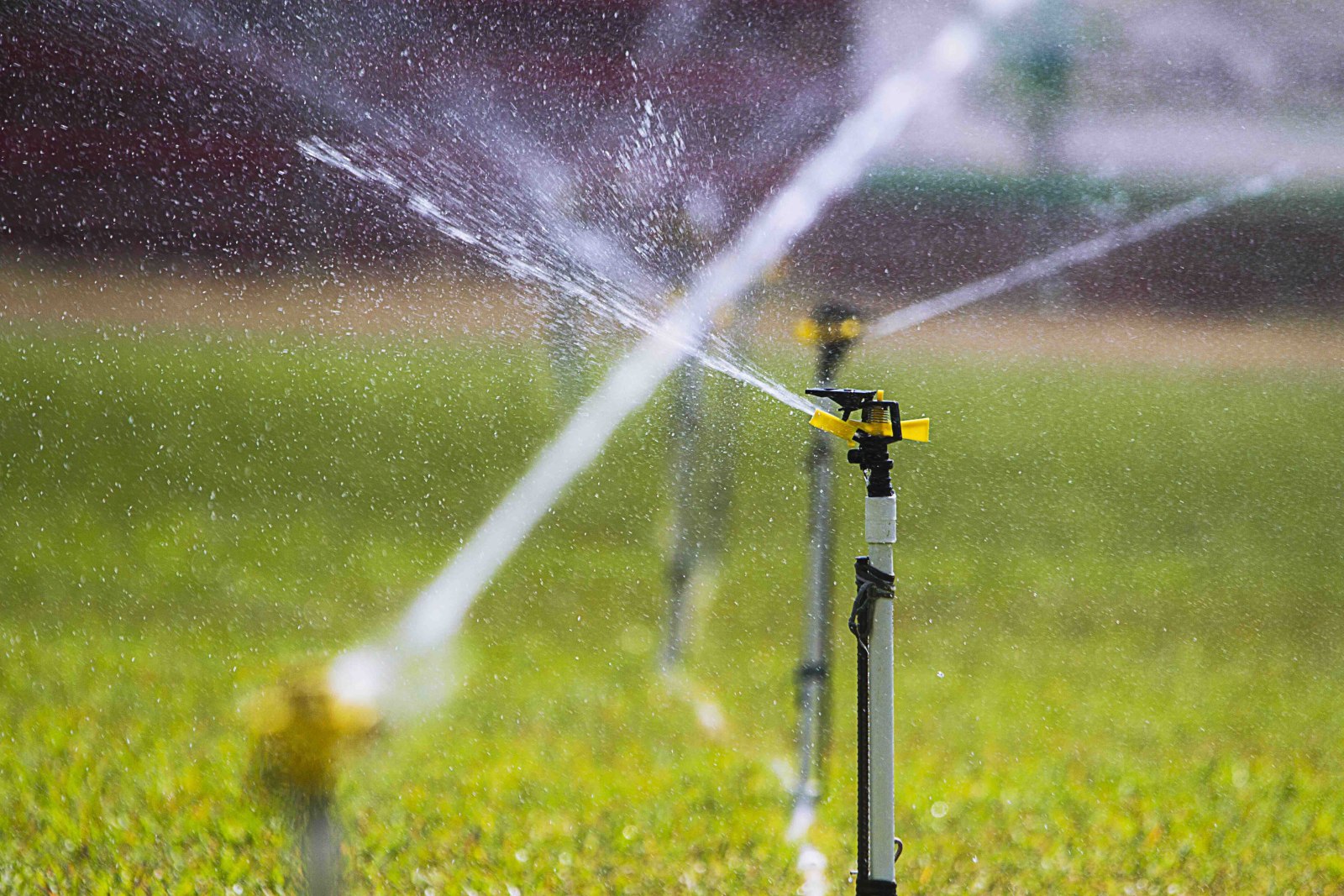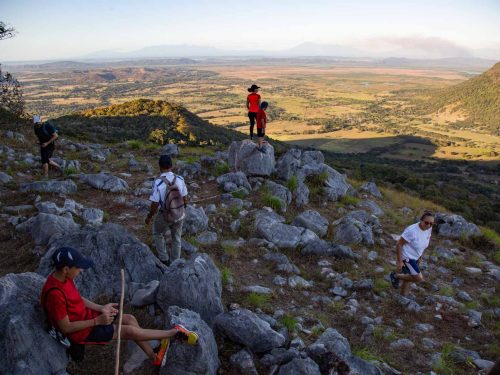
President Luis Guillermo Solis and the Ministries of Environment and Livestock (MINAE and MAG) are working on a decree to strictly regulate the use of water in Guanacaste, to be approved in the near term.
Drafts of the decree are circulating through various government offices, as well as business chambers throughout the country, and The Voice of Guanacaste gained access to what may be the final draft (see attached).
The goal of the legislation is to prioritize the use of of water for human consumption in the cantons of Liberia, Nicoya, Santa Cruz, Bagaces, Carrillo, Cañas, Abangares, Tilaran, Nandayure, La Cruz, Hojancha and the districts of Lepanto, Paquera and Cobano in Puntarenas.
Still in general terms and under revision, the decree includes these points: new well drilling will be suspended, the Office of Waters will be the only entity that can authorize the drilling of wells deemed to be “strategic,” those who have drilled wells without permits will have three months to legalize their situation, and everyone who have a concession for water use will have to install a meter.
The draft explains that, “…it is necessary to take actions immediately,” because “since 2008 systematic monitoring of the principal aquifers on the Northern Slopes, as well has historic measurements, show that currently there are significant decreases in the water table of up to three meters, indicating in some cases that wells have been dried; and that combined with uncontrolled extraction of water and the necessity to meet demand for water from residents and development, there is a risk that irreversible damage will be done to aquifers.”
The law would be in effect for three years following its implementation, although weather will be monitored constantly to evaluate whether the decree can be “suspended, adjusted or broadened,” during its time.
Asked about the issue, Director of Waters Jose Miguel Zeledon said that, “Yes the government is interested in regulating the issue, but there is still no final, signed version of the decree.”
In addition, officials from other state entities will have temporary roles related to the monitoring and protection of water resources. Among those are Public Force and Transportation officers.
Legislator Suray Carrillo Seeks Water Regulations
The Broad Front legislator Suray Carrillo also aims to regulate water consumption in Guanacaste, reforming fines for the undue use and loss of potable water.
For that reason, on February 15 she presented the bill, “Reform of Article 14 and Addition to Article 14, General Potable Water Law No. 1634, of October 2 1953” to the Legislative Assembly.
“Freshwater resources are becoming more scarce,” said Monserrat Jimenez Quesada, Carrillo’s legal advisor. “Costa Ricans indiscriminately waste this resource without looking for alternative methods to improve the situation, principally in supplying tourism projects where potable water is used for watering golf courses and gardens, while Costa Ricans suffer lack of potable hydraulic resources for their basic necessities, animals in Guanacaste die from dehydration and crops tragically dry up, causing huge losses.”
The law seeks to reform the law that was implemented 63 years go, which “uses fines from 10 to 300 colones; it’s a ridiculous amount,” said the legislator.
Upon the bill’s approval, activities that will be prohibited and fined as the undue use and waste of potable water include watering golf courses, gardens at golf courses, and not repairing damaged pipes and watering dirt roads.







Comments